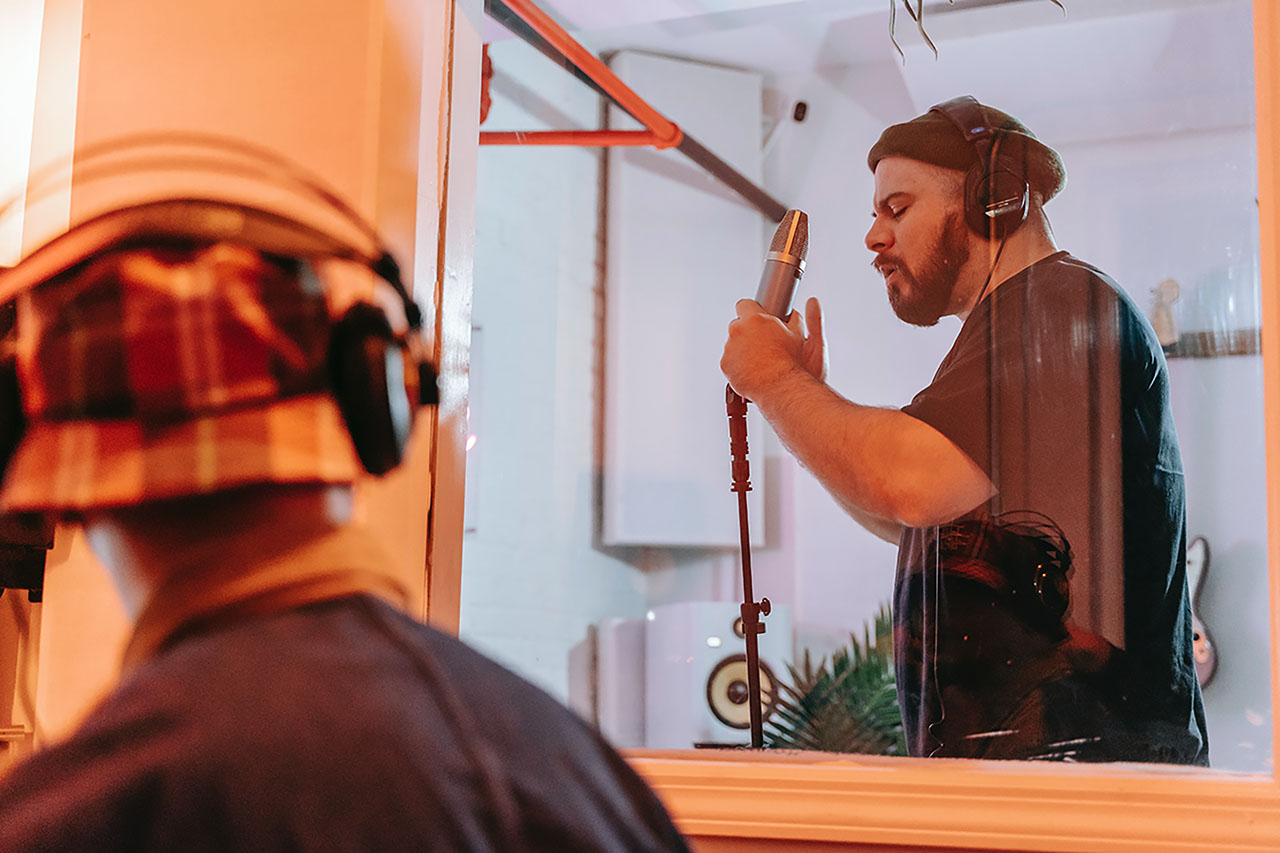
When does modification of an existing product become trademark infringement? One very interesting case from the recent past is the Nike “Satan Shoes” lawsuit.
To give some background on this, Nike is one of the world’s biggest and most well-regarded athletic shoe companies. As sneaker “culture” has developed, so called “sneakerheads” collect certain rare models of sneakers. Manufacturers like Nike often team up with designers or athletes to create limited runs of sneakers that can often become collectibles and skyrocket in price after being sold out.
In this particular case, the Brooklyn-based collective MSCHF worked with rapper Lil Nas X to create the so-called “Satan Shoes”: modified Nike Air Max 97s in a black and red color scheme and supposedly even containing a drop of blood from MSCHF staff. The run was supposed to be only 666 pairs, and the retail price per pair was $1,018.
As you can imagine, the uniqueness of this collaboration led to a significant amount of online attention, and the shoes immediately sold out, in less than 1 minute.
Nike filed a trademark infringement suit, stating that, ”Satan Shoes [were] likely to cause confusion and dilution and create an erroneous association” between MSCHF’s products and Nike.
A federal judge sided with Nike, and issued a temporary restraining order in April, and MSCHF did not attempt to appeal after the case was settled.
In all, this is a very interesting case. The stock, unmodified shoes were clearly initially made by Nike, and purchased wholesale from them. The question here is, if Nike has been paid for their shoe, as it would have been in any other transaction, can it then prevent a person or organization from modifying them and reselling them?
There were a couple of important factors that had an important role in this case. As a multi-billion dollar corporation, Nike doesn’t care about a tiny, limited run of 666 shoes, most of the time. In this case, the controversial nature of the shoe and the amount of attention the shoes got by being affiliated with a popular artist made the shoes go viral, leading to millions of people seeing images of a shoe called a “Satan Shoe” bearing Nike’s logo on the side of it. Because of the way these collaborations often work, it would not have been unreasonable for a consumer to assume that Nike was involved in the design of the shoe, or at the very least approved it.
Secondly, there is a first amendment aspect to this case. Products are often used to convey a political or social message. Andy Warhol became famous for his paintings of Campbell’s Soup Cans, etc. This kind of creative speech is generally protected under the constitution. MSCHF’s “Satan Shoes” would likely be protected speech if only one pair was created for an art exhibit. MSCHF, however, produced them on a commercial scale for resale and this activity is likely to be considered commercial use, not artistic speech.
As you can see, trademark and IP law can be quite nuanced. If you have trademarks that you are concerned about or just want to make sure are managed properly over the years, we are here to help! Contact us to schedule a consultation and discuss your needs!
IpHorgan
At IpHorgan, we offer you insight that can only be acquired and meticulously developed during our 15 year history as a team with over 200 years cumulative professional experience working on intellectual property transactions with businesses in nearly every sector of the U.S. and global economy.




